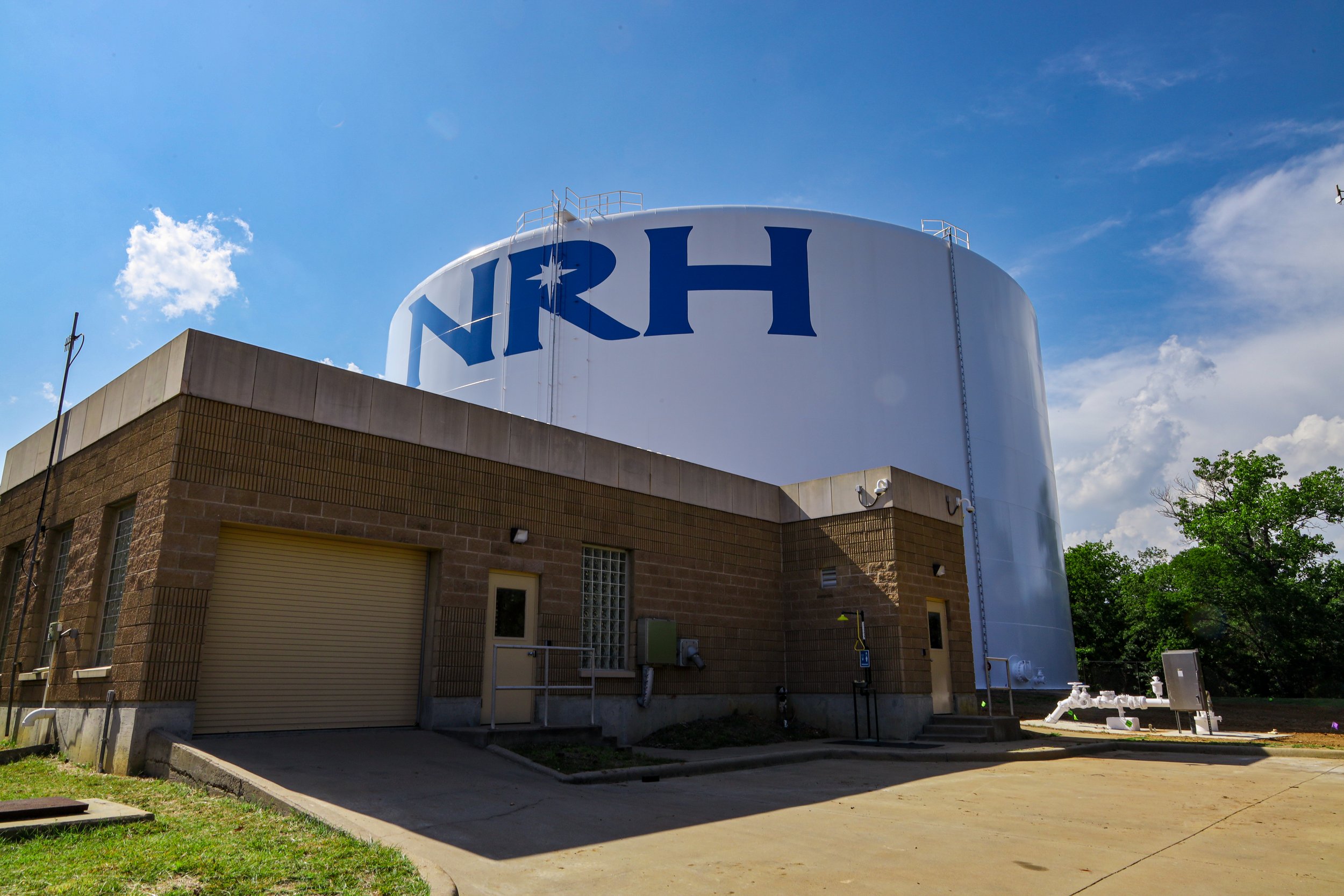
Frequently Asked Questions
-
Lead is a naturally occurring metal. It can be harmful if inhaled or swallowed.
-
The most common source of lead exposure is from paint. Lead-based paints were banned for use in housing in 1978. Lead can also be found in some household plumbing materials and some water service lines. The Environmental Protection Agency (EPA) estimates that 10 to 20 percent of lead exposure in the United States may come from drinking water. In Texas, the use of lead pipes and pipe fittings was banned in 1988. Even before the ban, lead lines were not commonly used in North Texas.
-
Lead can pose significant health risks if too much of it enters your body. Lead builds up in the body over many years and can cause damage to the brain, red blood cells and kidneys. The greatest risk is to young children and pregnant women.
-
Lead is rarely found in our source water or treated drinking water supply. If lead is found in drinking water, it typically dissolves over time through the corrosion of pipes and plumbing materials.
-
The City of North Richland Hills (NRH) launched the NRH Lead Check initiative to comply with the EPA’s Lead and Copper Rule Revision (LCRR). Under the LCRR, municipalities must prepare an inventory of both city-owned and customer-owned water service lines and make it publicly available.
Additionally, the EPA may require all lead water service lines to be replaced within 10 years as part of the recently proposed Lead and Copper Rule Improvements (LCRI) regulation. The LCRI will also require water service line water sampling at all elementary schools, middle schools and childcare centers built before 2014. Both additional phases will be conducted as part of the NRH Lead Check Program.
-
No. The City complies with federal and state regulations to ensure our system delivers a consistent water supply to our more than 70,000 residents and businesses. Currently, our records do not indicate any lead service lines in our water system. The City also conducts daily, monthly and annual quality checks to verify water meets or exceeds compliance standards. NRH residents can be confident in the quality of their water.
Additionally, NRH has been recognized for its “superior” water system by the Texas Commission on Environmental Quality (TCEQ). City staff is proud to provide reliable water to NRH residents, schools and businesses.
-
Your water service line will be checked by authorized City contractors as part of NRH’s ongoing water meter replacement program.
Though not required, residents may also check and report their water service line materials via this online mapping platform. This will contribute to the most comprehensive inventory possible.
-
Water service lines are classified into one of four material categories:
Lead — Will require replacement if all or part of the water service line is made of lead.
Galvanized Steel — May require replacement if a portion of the water service line is or was downstream from another water line made of lead or an unknown material.
Non-Lead — Determined not to be lead or galvanized steel. Includes copper, PVC and PEX. Does not require replacement.
Unknown — Needs additional verification.
-
No, copper does not pose the same health threat as lead.
-
You will be mailed a notice from the City of North Richland Hills if lead or galvanized steel is detected in a water service line on your property with information and next steps.
Additionally, you may check this website to confirm your own water service line material.
-
If you are worried about lead exposure, here are some steps you can take:
Run tap water for about five minutes before drinking or cooking with it if the water has gone unused for more than 6 hours
Use fresh, cold, running water for drinking, cooking, and preparing baby formula
Remove and cleaning faucet screens and aerators every 6 months
Get a National Sanitation Foundation (NSF)-Certified home water treatment device, faucet or pitcher filter that removes lead
Buy plumbing fixtures (faucets, valves, sinks, hose bibs, etc.) with zero- or low-lead content, meeting the current “lead-free” requirements
Replace lead or galvanized steel water service lines
-
This website will continue to provide detailed project information, educational resources and inventory updates. Questions? Call 817-427-6440 or contact LeadCheck@nrhtx.com.
